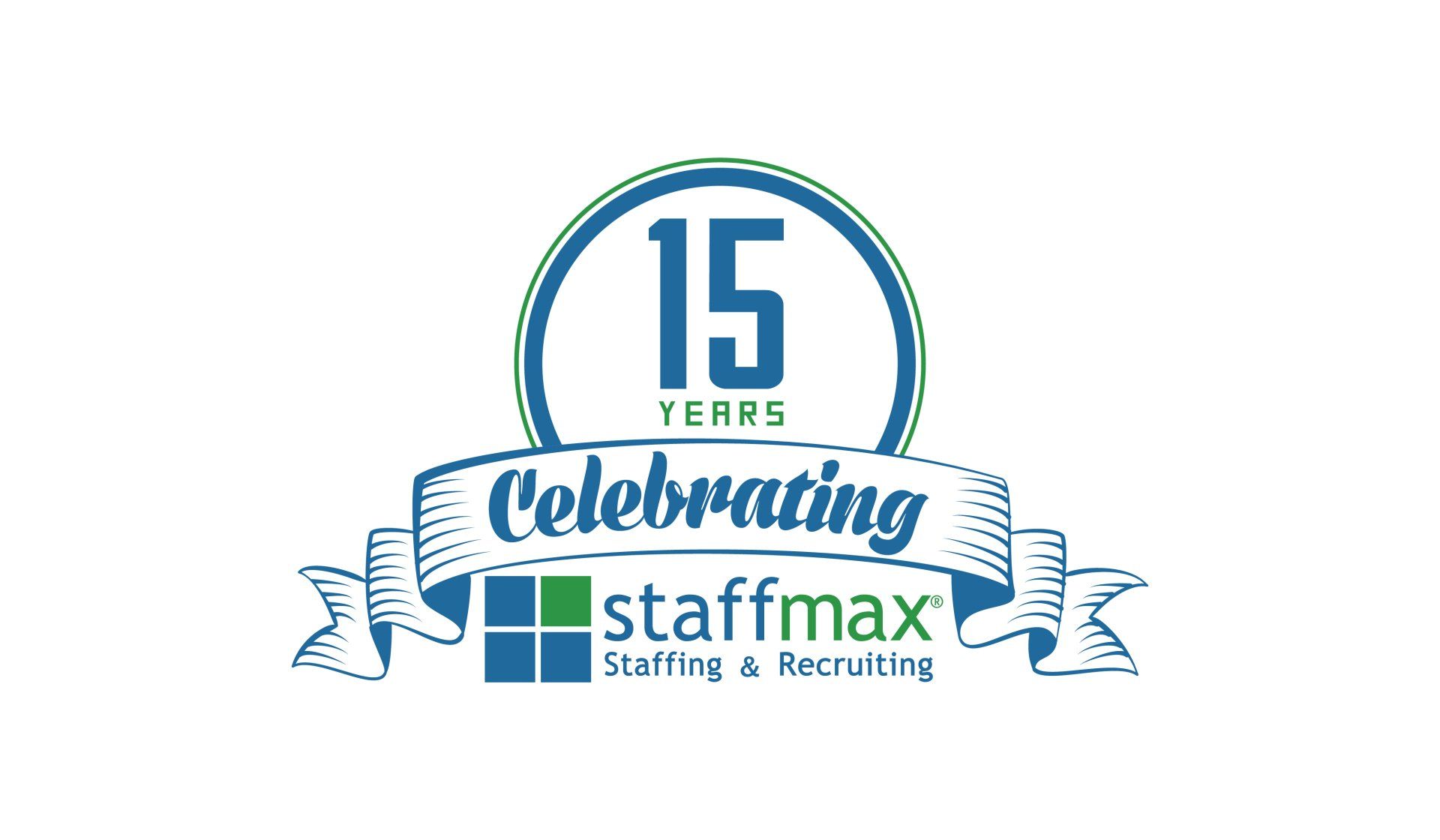With times changing, here's what you can put to rest.
By Brett Farmiloe for tlnt.com

We’re forever hearing that there is a new reality about the post-pandemic world of work – one that has made a lot of HR best practice obsolete.
But can anyone actually recall the specific pieces of wisdom that HR professionals should now discard and ignore? The answer is probably no – because while it’s easy to say things have changed, it’s much harder to back that up.
However, we believe there is truth to the notion things have moved on. Why? Well we actually posed the question ‘what traditional advice can now be ignored?’ to real HR executives and thought leaders.
So, without further ado, here are 12 HR advice pieces that used to be sworn by – but which can now be easily ignored. Do you agree? Let us know your thoughts:
1) Technology solves everything
“Before the pandemic, the HR sector was sprinting towards digital transformation of everything. But the pandemic has made it clear that technology is not the be-all and end-all in organizational design. Zoom meetings allowed some businesses to stay afloat but they have also created “Zoom fatigue.” HR is about people. Technology cannot replace that — and it shouldn’t. There is a balance to be had. What HR tech should replace are repetitive and tedious tasks in the HR process. The goal of HR tech should be to free people up to focus on what’s most important: people.”
Josh Zywein, CMO, Paradox
2) Telecommuting reduces productivity
“After almost two years of remote work, many naysayers now agree that telecommuting does not reduce productivity or engagement, and that non-exempt employees can be as successful as their exempt counterparts. The pandemic forced us to go remote from one day to the next, and experience now tells us that productivity remains at- or is higher than prior to the pandemic. I personally have never been closer to my team as we hold daily or weekly meetings, can we see each other via online collaboration and communication tools, and get to learn more about each other as individuals than ever before.”
Patty Hickok, senior director, employee relations, HRIS & HR Operations, NANA Regional Corporation
3) Traditional Work Schedules
“Gone are the days when employees would just simply conform to a traditional work schedule. To be competitive as an employer of choice in today’s world, you have to offer flexibility in your work environment. Generally speaking, most people have to work to make ends meet, but they don’t necessarily have to work for you or your company; they have options. As the old saying goes, relationships are a two-way street, and that includes working relationships.”
Jenna Hinrichsen, director of recruitment strategy, Advanced RPO
4) The need for in-person meetings
“The pandemic made us realize how well we can meet, celebrate, plan, discuss and strategize with our teams using virtual platforms. Eliminating some previously “in-person only” interactions for safety reasons, we also discovered that virtual interviews can speed our time to hire. We realised that video conferencing made scheduling large group meetings easier, and that many of us work more efficiently through virtual interactions.”
Jessica Miller-Merrell, chief innovation officer, Workology
5) Hire only for your current needs
“In the past, it was common for companies to maintain a cohort of staff that was exactly large enough to satisfy the current workload. This approach leaves no wiggle room if you have multiple employees out sick at the same time or if multiple staff members quit in a short span.. And that’s not even considering employee vacations, sabbaticals, or other absences. In the future, it would serve HR departments to rethink their “hiring par” and redefine their definition of fully-staffed. This may not just mean increasing the total number of employees but also cross-training more of those employees so they can step into key roles when you have unexpected gaps.”
Jon Hill, chairman, The Energists
6) HR Is Support Only
“HR has always been viewed as the support team, but that perception needs to shift. HR’s purpose isn’t to catch everything the company throws its way. HR professionals aren’t just warm bodies cranking through benefits enrollment, onboarding paperwork, and other administrative tasks. Now, HR teams should be driving strategic decisions. Since the pandemic began, HR has moved out from the back office and to a seat at the table; from HR to people ops, they are leading change in new compensation structures, benefits packages, recruiting methods, and everything else that impacts the future of work as we know it.”
Amy Spurling, co-founder and CEO, Compt
7) Employees need to sit under one roof
“Traditionally, HR required employees to sit under one roof in order to be aligned with the organization’s goals and expectations. Now, we must appreciate the agility of our peers. They now have to juggle spreadsheets, deadlines and juice boxes all before the morning zoom meeting.”
Chandra Aiken, Easy Choice Recruiting
8) Candidates with gaps in their resume aren’t great
“Although many coaches say gaps in employment ‘aren’t career limiting’, when push comes to shove these resumes have tended to lose competitive standing quickly in the screening process. But with many workers now leaving long-held positions in exchange for new career paths or even sabbaticals to realign their lives on work that provides fulfillment, gaps may become more common and even the norm. So it’s time to oust the notion that “the perfect candidate” is the one that is the most professionally consistent and without pivots or pauses on paper. In order to hire the most qualified candidate, we must value the whole diversity of a candidate’s background and recognize the profound personal development that occurs in these gaps. It’s time to redefine what makes a great candidate in the modern era. Is it still consistency or is it resiliency?”
Leigh Henderson, brand strategist, HRManifesto, LLC
9) Employees don’t quit jobs, they quit organizations
“HR professionals have long accepted the dogma that “employees don’t quit their jobs, they quit their bosses.” But data tells us this was never really true, and it is completely out-of-tune with effective post-pandemic human capital management strategy. Covid-19 gave many people the time to consider what is important to them and many are now acting on their conclusions. Certainly, the relationship with a direct supervisor matters, but today’s employee is looking for meaning in their work, wants to buy into the company’s mission and vision, seeks a career path, demands opportunities to acquire new skills and grow professionally, and wants to be connected with colleagues – even in a virtual environment. Talent acquisition, optimization, and retention demands that HR professionals lead a major overhaul of how organizations view and treat their people. Human capital management must become an integral part of organizations’ long-term business strategies.”
Philip Curran, founder and CEO, Newgrange Advisors LLC
10) Age is a factor in talent retention
“The pandemic has forced a rethinking of ‘age’ as an arbitrary predictor of contribution and productivity. Part of our newfound HR responsibility is to help our organizations broaden the ‘talent’ view of age as an end point for a career. Within the mindset of employee thinking is a recognition that age, occupation, and organization are the determinants of the beginning and ending of a career. A talent shortage points to talent development and retention as primary strategies to ensure long-term organizational growth. The enthusiastic naiveté of an 18-year old employee is just as important to organizational growth as the sharpened wisdom of an 80 year old employee. Productivity is the only measure that matters when assessing the value of an employee’s contribution.”
Lee Meadows, CEO, Meadows Consulting
11) Annual reviews are necessary
“Life, the world, businesses, and people change in an instant, so does the impact they have on your employees. Stop over-complicating the review process, provide frequent feedback, and request frequent feedback from your employees. Your business doesn’t exist without them.”
Christina Hogan, CEO, Global Management & Consulting
12) Casting a wider net is always the solution
“HR should always consider the internal pool of candidates before looking externally. This is a great retention strategy, and shows employees that the organization is committed to the growth and development of their employees.”
Chandel Gibbs, HR associate, HARMAN International













